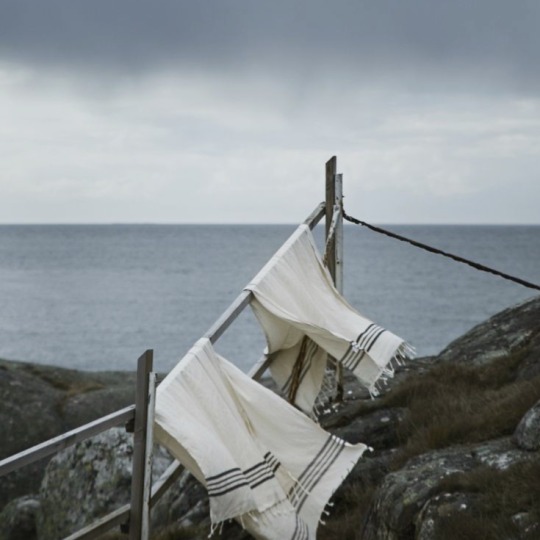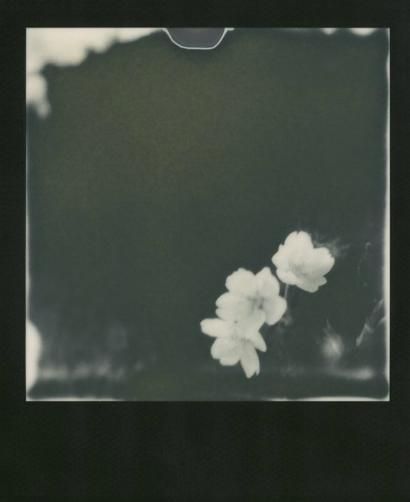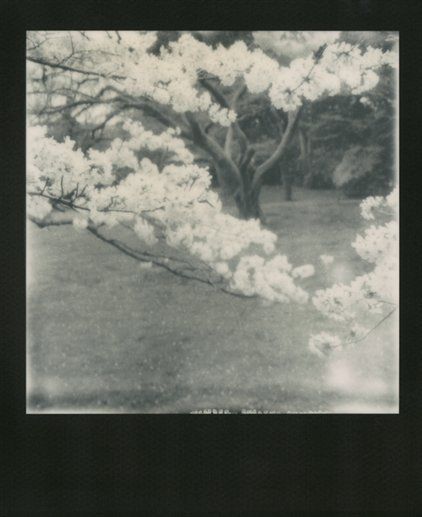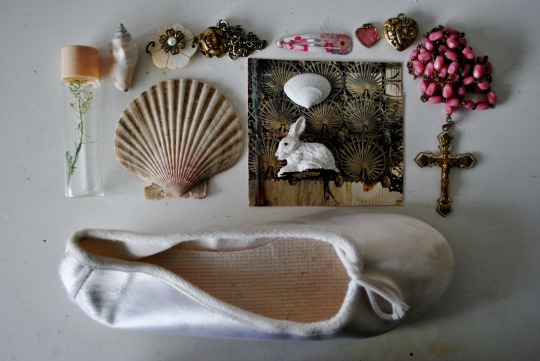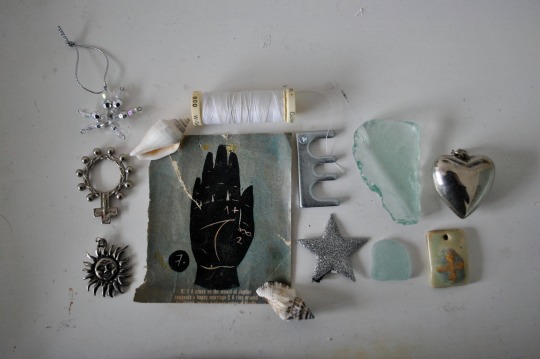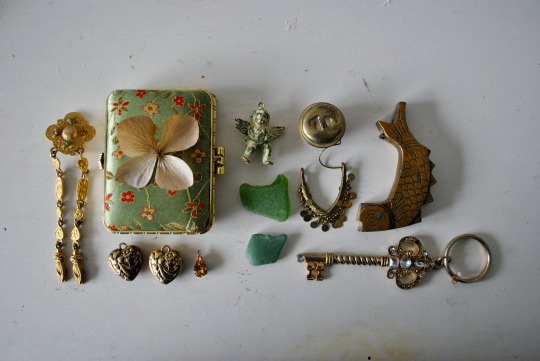Text
will you just let me be silly for a sec. there's this dread so ancient in me
102K notes
·
View notes
Photo

Carl Sandburg, from The Selected Poems of Carl Sandburg; “Clark street bridge”
25K notes
·
View notes
Text
“January. It was all things. And it was one thing, like a solid door. Its cold sealed the city in a gray capsule. January was moments, and January was a year. January rained the moments down, and froze them in her memory. Every human action seemed to yield a magic. January was a two-faced month, jangling like jester's bells, crackling like snow crust, pure as any beginning, grim as an old man, mysteriously familiar yet unknown, like a word one can almost but not quite define.”
Carol, Patricia Highsmith
35 notes
·
View notes
Text
Joan Didion writes, in On Keeping a Notebook, that the purpose of keeping a notebook, or a journal for that matter, isn’t because you simply want keep a personal record of things; but because you want to remember the person you were at that specific moment. we write things down on our notebook/journal/diary (whichever one of those you keep) because we want to remember. we want to remember what specific people meant to us on a particular day or hour. or minute. we want to remember our first impression of something (or of doing that something), possibly of someone, too. sometimes we think we’ll “always remember” important events: “I’ll make a mental note of that” etc etc. but in reality everything is fleeting. so Didion says write it down. keep a journal. that way, people, places, and certain events will always be there in case you ever want to come back to them sometime in the future. but also so that they don’t ever haunt you.
16K notes
·
View notes
Text
“I was glad to be going somewhere else. All I needed for the mind was to be lead to new stations. All I needed for the heart was to visit a place of greater storms.”
— M Train, Patti Smith
24 notes
·
View notes
Text
Genderqueer Folktales
About two years ago a kind anon asked me for folklore around transness and I only had one fairy tale to share. Since then I’ve done a lot of reading, and now I’ve gathered some proper gender nonconforming fairy tales to share with you all.
I specifically chose stories with happy endings and positive characters, but please keep in mind these are all translated products of their time. Usually I don’t shy away from retelling stories a bit, but in this case I think it’s worth leaving them untouched for history’s sake.
I’ll try putting some modern-day labels on these stories to make them easier to choose from:
The Unicorn, Spanish, collected in 1947. AFAB, bisexual protagonist who physically transitions to male through magic while he is already married to a fully supportive wife. [Cw: murder, attempt at being outed.]
The Counterfeit Marquise, French, literary fairy tale written in 1697 by Charles Perrault. AMAB protagonist (noble) is raised and identifies as a woman, she falls in love with a handsome nobleman who turns out to be in the same situation but AFAB, they marry happily and have a child. [Cw: gender dysphoria]
Florinda, Chilean, collected in 1962. AFAB protagonist who physically transitions to male through divine intervention while he is already married to a fully supportive wife. [Cw: attempt at incest, attempt at being outed.]
The Abbot of Druimenaig, Irish, collected or written 1484-87. A young abbot finds himself transformed into a woman, lives as a wife and mother for seven years, is then transformed back and goes back to his wife, but divides parental responsibility with his husband. [Cw: initial unhappiness at both transformations, mixed-feelings ending.]
Ileana Simziana, Romanian, collected 1870s. AFAB protagonist (royal) who physically transitions to male while completing impossible tasks because of a “curse” that suits him very well. [Cw: attempt at being outed]
The Girl Who Was a Boy, based on the previous tale, but “gently adapted into the 21st century” by Paul B. Sturtevant. (In other words: minus some “product of its time” issues.)
The Princess and the Dív who exchanged sexes, Persian, collected in the 12th century. AFAB protagonist (royal) who was raised as a man strikes a deal with an AMAB spirit to briefly exchange sexes so that he can marry his betrothed, the exchange is made permanent because they are both happier for it. [Cw: threat of parental abuse.]
If you are interested in this topic, I heartily recommend the thesis “She was really the man she pretended to be”: Change of Sex in Folk Narratives by Psyche Z. Ready (2016).
3K notes
·
View notes
Text
Currently reading: M Train, Patti Smith
2 notes
·
View notes
Text
“Still calibrating to this body, this world.”
— Pet, Akwaeke Emezi
25 notes
·
View notes
Text
“i think there’s something about being a young woman that feels very murderous. that’s what i was trying to get with a song like ‘dream girl evil.’ it can be dangerous for people to think you’re incredibly nice. when you get, ‘you’re an angel,’ that seems like such a high place to fall from. when i see messy or violent or terribly behaved women, especially young women, there’s a liberation. to not have to try and survive by being good.”
— florence welch on her song “dream girl evil”
19K notes
·
View notes















